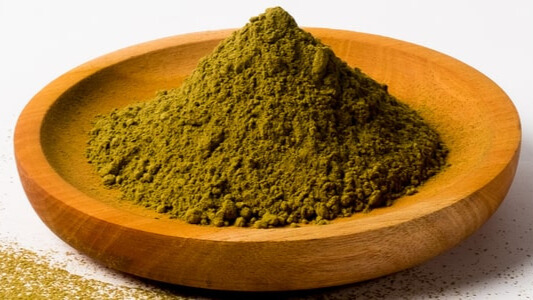Impact of Kratom on Emotional Well-Being – Natural Solutions for a Balanced Mood
Kratom, an herb derived from the leaves of the Mitragyna speciosa tree native to Southeast Asia, has garnered attention for its potential to influence emotional well-being and mood balance. Traditionally used in Southeast Asian cultures for its stimulant and sedative properties, kratom has recently emerged in the Western world as a natural remedy for various health concerns, including mood disorders. Its impact on emotional health is a topic of increasing interest, particularly for those seeking alternative solutions for managing mood swings, anxiety, and depression. At the core of kratom’s effects on mood are its active compounds, primarily mitragynine and 7-hydroxymitragynine. These alkaloids interact with the brain’s opioid receptors, which can lead to a range of effects from stimulating energy boosts to calming sedation. In low doses, kratom often exhibits stimulating effects, which can enhance alertness, focus, and a sense of well-being. Users in this state frequently report feelings of increased positivity and reduced anxiety, which can contribute to an overall improved mood. This stimulating effect may be beneficial for those struggling with fatigue or motivational issues, providing a natural way to boost energy and improve daily functioning.

Conversely, higher doses of kratom tend to produce more sedative effects, promoting relaxation and tranquility. This calming effect can be particularly valuable for individuals dealing with stress, anxiety, or insomnia. By reducing anxiety and inducing a state of calm, kratom may help stabilize mood and contribute to a more balanced emotional state. For those who experience mood fluctuations linked to anxiety or stress, kratom’s sedative properties might offer relief, fostering a sense of emotional stability and well-being. Kratom’s potential as a natural mood stabilizer extends to its reported effects on pain and discomfort. Chronic pain can have a profound impact on emotional health, often leading to feelings of frustration, depression, or helplessness. Kratom’s analgesic properties, which come from its interaction with opioid receptors, may help alleviate pain and, in turn, improve mood. By reducing physical discomfort, kratom may indirectly enhance emotional well-being, providing a more holistic approach to managing mood disorders.
Despite these potential benefits, it is crucial to approach kratom with caution. Its effects can vary widely depending on the dose, strain, and individual response. While some users find kratom to be a helpful tool for mood management, others may experience side effects such as nausea, dizziness, or gastrointestinal issues. Additionally, there is a risk of developing dependence or experiencing withdrawal symptoms with prolonged use. Best Kratom Strains substance that affects mood and mental health, it is essential to use kratom responsibly and under the guidance of a healthcare professional. In summary, kratom presents an intriguing natural option for supporting emotional well-being, with its dual effects of stimulating energy and calming relaxation potentially offering balance for mood management. However, its use should be carefully considered and monitored, particularly given the variability in individual responses and the potential for side effects. As research continues to explore kratom’s impact on emotional health, individuals interested in its benefits should seek informed advice and approach its use with an understanding of both its potential and its limitations.